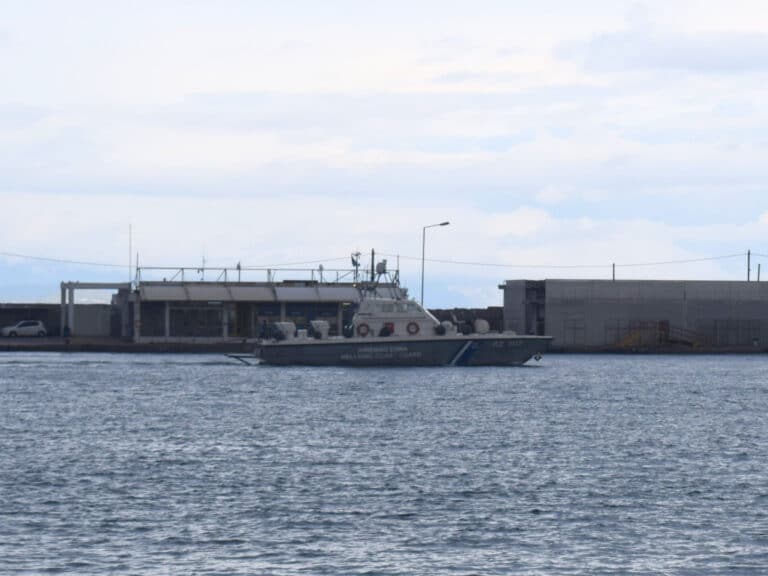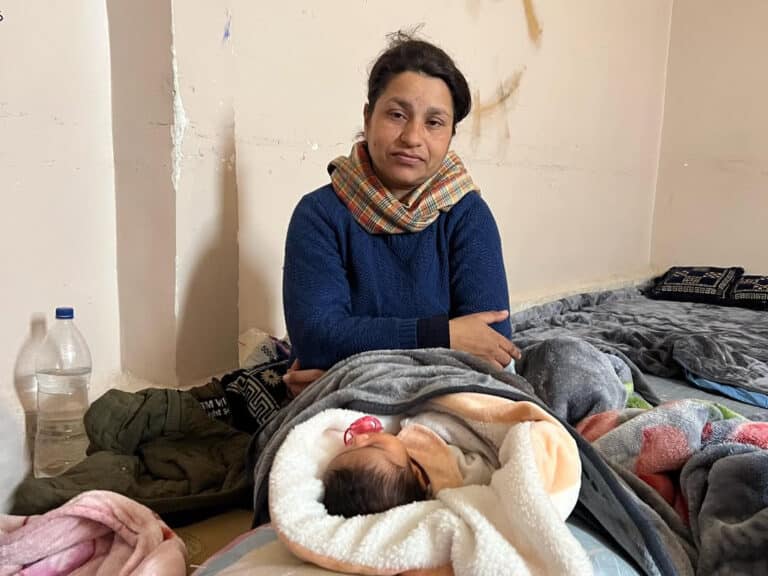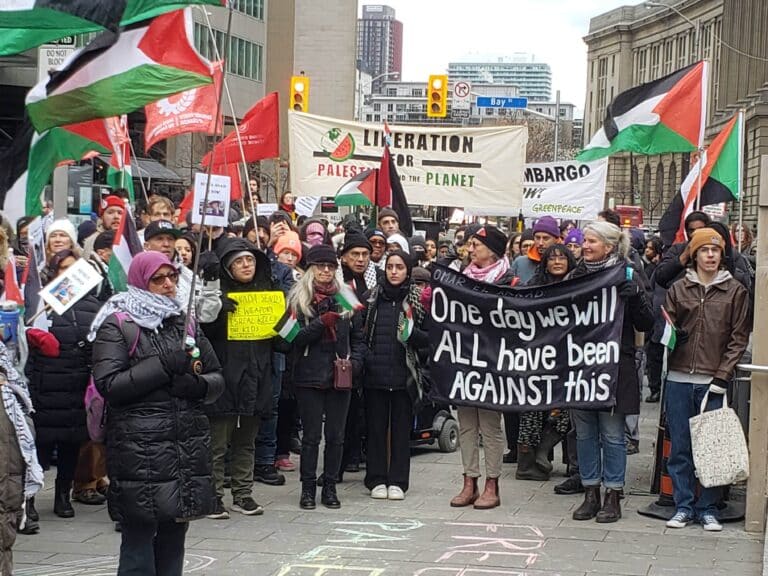We ask for prayers for the people of Colombia: small farming and Indigenous communities, students, women, children, the LGBTQ+ community, victims of the armed conflict, social organizations, Human Rights Defenders, and all the communities and organizations who are building society in search of a ‘total peace.’
In the two months since the Historical Pact coalition took office, the Colombian government has prioritized the construction of ‘total peace,’ a massive challenge if we take into account the more than 60 years of armed civil war the country continues to experience. Social sectors are regrouping with the hope of building what grassroots communities and territories have been doing on the ground for decades: resistance to war and the search for social justice. The government has called for ‘binding dialogues’ as a methodology in the formation of the National Development Plan.
Some of the principal themes on the table will be compliance with the Havana peace accords, comprehensive rural reform, the socialization and implementation of the recommendations from the Truth Commission report, the fight against social inequality, the elimination of mandatory military service, and the reform of the armed forces.
But maybe the most fundamental topic is the end of the armed conflict. Once more, the Colombian state and civil society are faced with this historic challenge of achieving a stable and lasting peace, where the right to life prevails in all its forms: environment, human rights, and social equality.
The agenda is not new, but the challenges are. The government has called the different armed groups to a ‘multilateral ceasefire,’ which implies that the guns will cease to fire and that dialogue will finally prevail over economic interests and private capital. Once more, Colombia attempts this long-awaited dream. But with a coalition government that leans progressively, there will be many challenges.
“In Colombia, the ‘internal enemy’ doctrine remains rooted, which causes the stigmatization of communities living in zones controlled by armed groups1.
As CPT Colombia, we accompany these communities in their proposals, projects, ideas, and efforts to be heard. We also recognize the challenges and threats that they face and for this reason, we stress continued support for grassroots communities working through peacebuilding to reach their goals. Colombia cannot continue to bleed out; all efforts are important to achieve peace, which must always be ‘total.’
- El Espectador, Reformas urgentes en la estrategia militar: ¿por dónde empezar? 27 September, 2022




